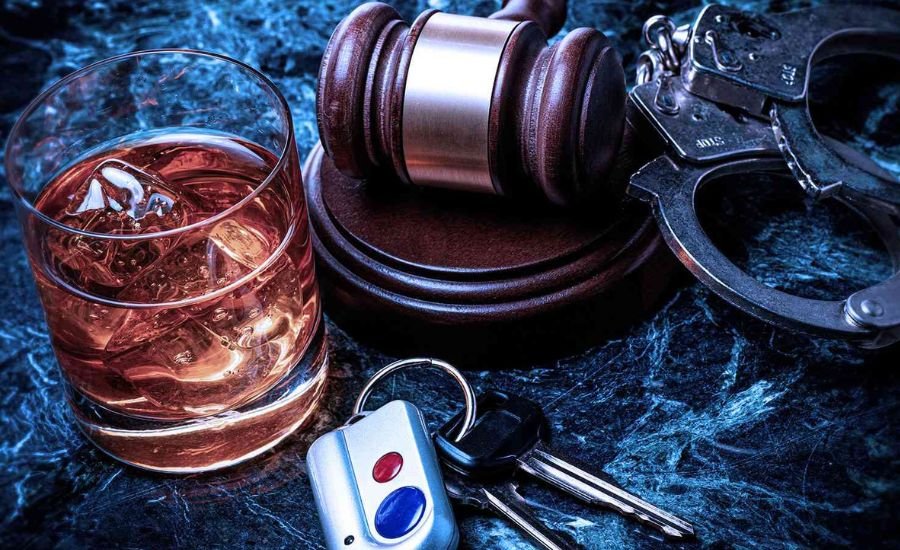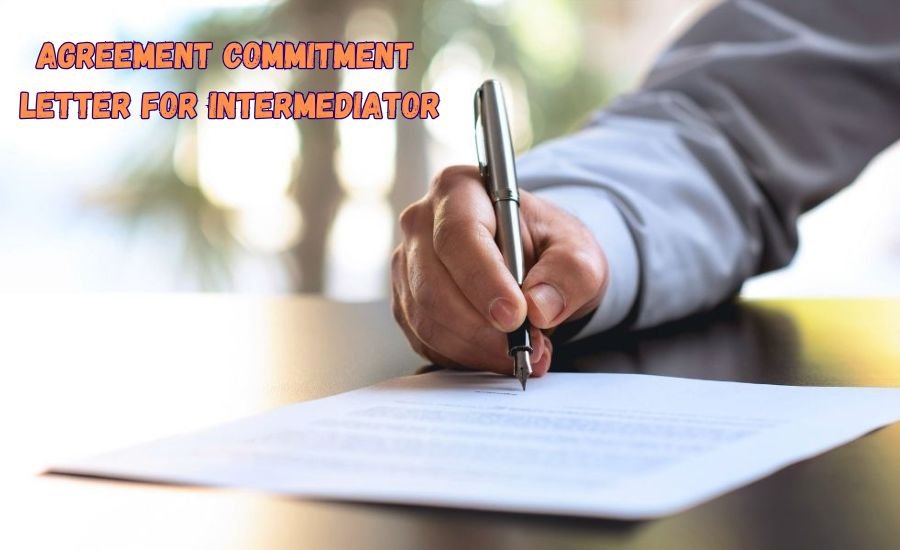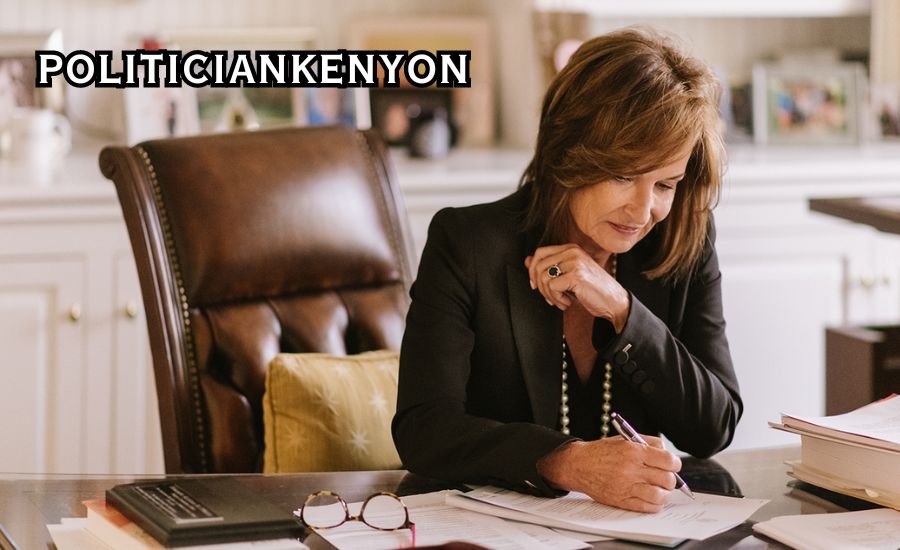Businesses and individuals who serve alcohol must have liquor liability insurance. It provides protection in the event of alcohol-related incidents, third-party claims, and legal defense costs. Knowing what the insurance covers, what it excludes, and what types of policies are available is key to limiting financial risk. Here are the things to know about liquor liability insurance:
Alcohol-related Incidents
Liquor liability insurance protects a business against bodily injury, damage, or accidents caused by intoxicated patrons served by the business. A business may be found liable if a customer becomes intoxicated and their conduct causes harm, either through striking, driving under the influence, or damaging property. Insurance covers medical bills, property repairs, and settlement for these incidents. If a patron suffers an injury due to an intoxicated condition, such as falling or alcohol poisoning, the insurance can pay for medical costs or the result of any lawsuit.
Third-party Claims Coverage
Liability insurance includes damages suffered by people other than those directly involved in selling or consuming alcohol. If an intoxicated customer causes a car accident, the injured third party may sue the business that sold the intoxicated individual the alcohol. The insurance would pay the costs of the lawsuit. Settlements or judgments for the injured party would also be covered. Because bars and restaurants can incur significant financial penalties for lack of coverage, this protection is necessary.
Common Exclusions
Liquor liability coverage excludes certain situations. Serving alcohol to minors is one of the most common exclusions and is not covered by insurance. Claims arising out of the act of knowingly over-serving an already intoxicated person are also typically excluded. Other exclusions include events of illegal or unlicensed alcohol sales, such as serving alcohol at an event without the appropriate license. Typically, intentional acts of violence or criminal activity while intoxicated where the insured is directly at fault are not covered. These exclusions help businesses remain compliant with laws and avoid uninsured liabilities.
Defense Costs
Legal defense costs are generally covered under liquor liability insurance. The insurance will cover the legal fees, court costs, and any other associated expenses if the insured business is sued. Legal fees can easily mount up very quickly, especially in cases where the business is found liable. This can not only be costly, but it can be time-consuming. Insurance may pay for the defendant to hire a legal team or private investigators when it is required. When defense costs are included, businesses can become confident they can mount a proper legal defense without incurring the entire financial burden, regardless of whether the claims prove to be groundless.
Events Coverage
Liquor liability insurance is not just for bars and restaurants; it also includes temporary events where alcohol is served. This type of coverage is often necessary for weddings, corporate parties, charity fundraisers, and festivals where alcohol is sold or served to guests. Liquor liability policies are event-specific. They offer short-term protection during that event in the case of an alcohol-related incident to cover the hosts. Some policies are created for a single day, and some other policies can cover days or recurring events. This coverage is valuable for event planners and hosts who may not have year-round liability insurance.
Host Liquor Liability
Private host liquor liability relates to a situation where individuals or companies serve people alcohol at an event that’s not intended for making a profit, like a corporate party or a wedding. This form of insurance covers you in the event a guest becomes intoxicated and damages property or causes injury after leaving a function. This is not the same as regular liquor insurance when a business regularly sells alcohol. If a guest leaves a wedding reception and causes a car accident, the host may be held liable. This coverage makes sure social hosts are covered in alcohol-related lawsuits.
Get Liquor Liability Insurance
Liquor liability insurance is needed because of the potential risk of serving alcohol. The coverage includes drunk patron injuries, third-party claims, legal expenses, and more. Host liquor and event-specific liability policies protect temporary and private events. Businesses and hosts can make informed decisions about the financial liability related to the use of alcohol. Get in contact with a liquor insurance company to protect your business today.
Explore Further: Discovermagazin



